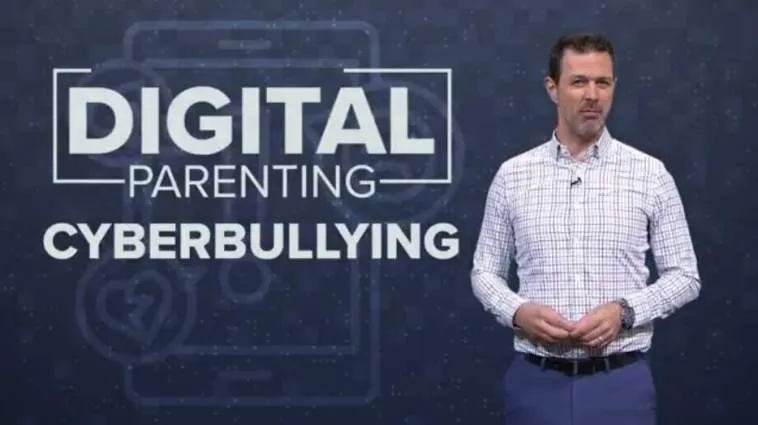From WFAA.com…
Many of today’s parents can relate to the experience of bullying.
Whether they were the subject of harassment or the one doling out harsh words and treatment, bullying certainly isn’t new. But the rise of cyberbullying has experts concerned about the new ways bullies can pick on their victims.
And in 2020, for the first time polls show that the occurrence of online bullying caught up with the in-person experience. Experts blame the pandemic and the increasing amount of time today’s kids are spending on their devices. And an ever-growing list of popular social channels only increases the opportunities for online harassment.
“If you ask kids, they’re seeing it, they’re exposed to it and it’s definitely a big deal,” says Justin Patchin, a professor of criminal justice at the University of Wisconsin-Eau Claire and co-creator of the website Cyberbullying.org.
He’s been studying cyberbullying for 20 years and says it’s a problem that’s getting worse.
Patchin’s surveys indicate about a third of middle- and high-school aged kids have experienced online bullying at some point. And about 1 in 5 say they’ve experienced it in the past month.
The experience of cyberbullying can look different for each victim. Tactics include hateful comments on social media posts, harassing text messages, spreading gossip or rumors online, posting doctored photos or videos, and even bullies going so far as to create fake profiles to harass a victim.
Why do kids choose to engage in this kind of behavior? Patchin says it’s all about fitting in.
“Some adolescents will seek that attention in ways that are inappropriate,” Patchin said. “And in many cases, they simply don’t understand the harm they’re causing and so it’s easy to get sort of caught up in this.”
That means today’s digital parents face a tall task in trying to help kids who might be victims. Experts recommend being on the lookout for changes in a child’s behavior. Have they started avoiding school? Changed eating habits? Shown a sudden aversion to being online?
Parents can also use high-profile news stories about bullying to their advantage. Patchin says a big headline is an opportunity to start a conversation with a child, asking them if they’d feel comfortable sharing with parents if they’d endured a similar negative experience.






